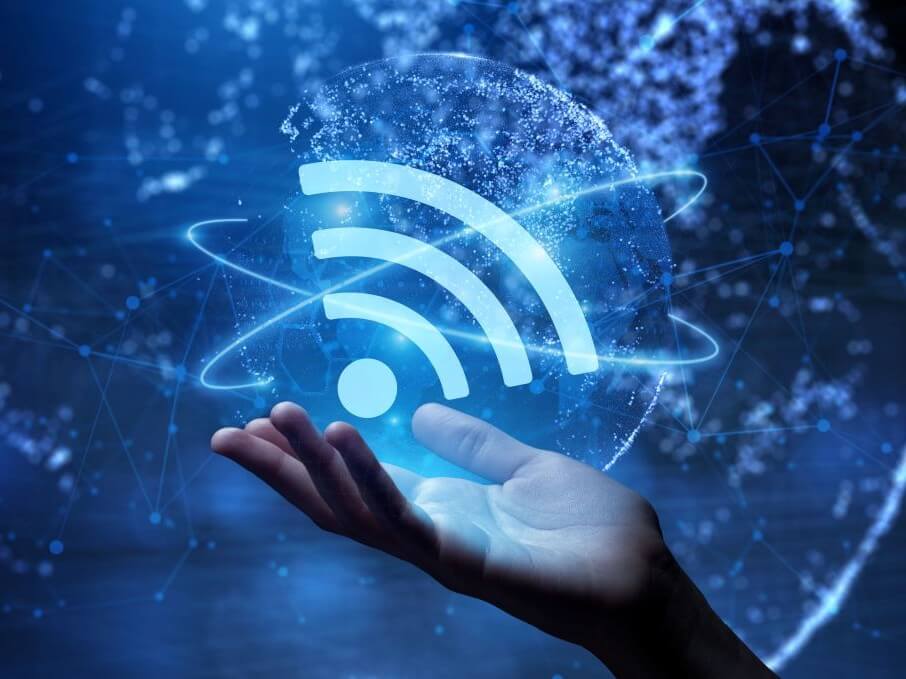

Key highlights of the 2024 NICTHS findings
Internet-connected households reached 48.8%, a leap from 17.7% in 2019
NCR (68.7%) and Central Luzon (61.3%) lead in household internet access
Monthly internet spending down to ₱1,069.10 from ₱1,280.59 in 2019
67.3% of individuals aged 10+ use the internet, totaling 61.46 million users
Fixed wired broadband is the most common home connection (58.8%)
Average daily usage is 4.6 hours, peaking at 6.1 hours in NCR
Most common activity: making calls (94.2%)
Main barriers: high internet subscription and equipment costs
This translates to 13.56 million households now able to go online, with Metro Manila (68.7 percent) and Central Luzon (61.3 percent) registering the highest levels of access.
However, regions like BARMM (27.7 percent) and the Zamboanga Peninsula (21.2 percent) continue to lag behind, the report jointly released by the Philippine Statistics Authority (PSA) and the Department of Information and Communications Technology (DICT) showed.
Among those connected, the fixed wired broadband network remained the most prevalent (58.8 percent), followed by mobile broadband (39.3 percent) and fixed wireless (11.6 percent). Satellite broadband was the least used (2.2 percent).
Internet costs are easing. The average monthly household internet spending dropped to ₱1,069.10, from ₱1,280.59 in 2019. Notably, BARMM households spent the least at ₱583, while NCR households shelled out the most at ₱1,290.90.
On an individual level, the survey revealed that two out of every three Filipinos aged 10 and up (67.3 percent) accessed the internet in 2024, amounting to over 61 million users. Home access was dominant (73.1 percent), and cellphones were the primary device (98.8 percent) for going online.
In terms of usage behavior, 76.9 percent of users went online daily, spending an average of 4.6 hours. NCR residents topped the chart at 6.1 hours daily. Calling (94.2 percent), social networking (87.3 percent), and streaming media (63.6 percent) were the top three online activities.
Despite these gains, cost remains a major hurdle. Among households without internet access, 58.3 percent cited high subscription fees, while 41.7 percent of non-users also named cost as a primary barrier. Equipment expenses followed closely.
As digital infrastructure and affordability improve, these findings serve as a benchmark for tracking progress and addressing the digital divide in the Philippines. —Ed: Corrie S. Narisma
